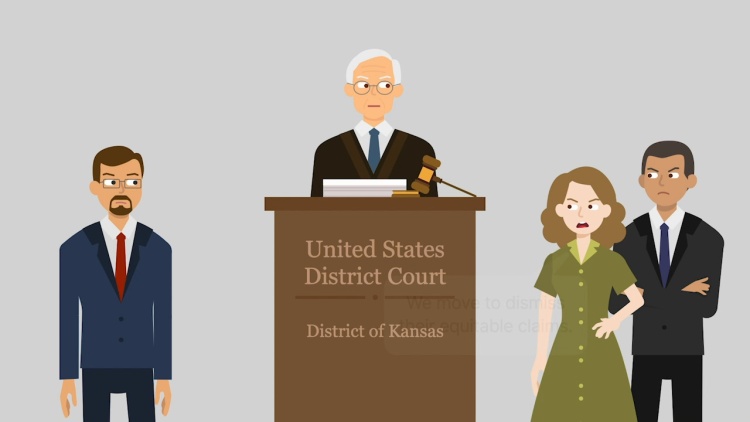American Life Insurance Co. v. Stewart
United States Supreme Court
300 U.S. 203 (1937)
- Written by Matthew Carney, JD
Facts
Reese Smith Stewart (defendant) purchased two life insurance policies from the American Life Insurance Company (American) (plaintiff). The policies provided a two-year time period during which American could contest the policy’s issuance. Three months after purchasing this coverage, Stewart died. Four months after Stewart’s death, American filed two suits in equity (one for each policy) seeking to cancel the policies due to fraudulent statements made be Stewart in his application. Shortly after American filed its suits, Stewart’s surviving family members filed an action at law seeking to enforce the policies. Both parties stipulated that the suit in law would be delayed until the suit in equity was resolved. Stewart’s family filed an answer in the equity suit, alleging that the time period to contest the policy had elapsed. After trial, the district court held that the policies were fraudulently procured and that they should be cancelled. Stewart’s family appealed to the United States Court of Appeals for the Tenth Circuit, which reversed the district court’s ruling. The court of appeals held that the insurer had an adequate remedy at law, namely utilizing the fraud on Stewart’s part as a defense in the suit at law. American appealed.
Rule of Law
Issue
Holding and Reasoning (Cardozo, J.)
What to do next…
Here's why 907,000 law students have relied on our case briefs:
- Written by law professors and practitioners, not other law students. 47,100 briefs, keyed to 996 casebooks. Top-notch customer support.
- The right amount of information, includes the facts, issues, rule of law, holding and reasoning, and any concurrences and dissents.
- Access in your classes, works on your mobile and tablet. Massive library of related video lessons and high quality multiple-choice questions.
- Easy to use, uniform format for every case brief. Written in plain English, not in legalese. Our briefs summarize and simplify; they don’t just repeat the court’s language.





